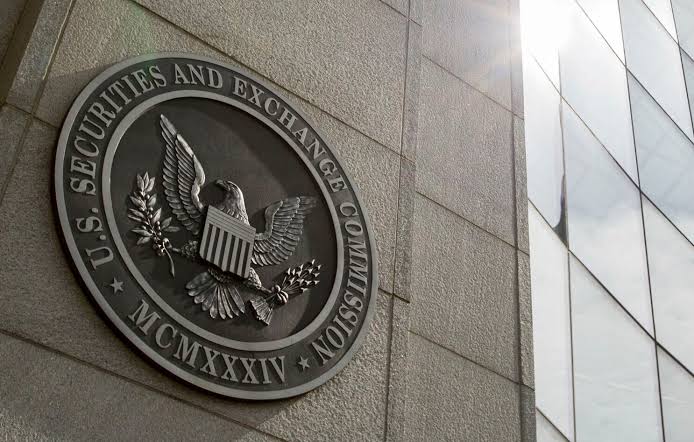Under the initial argument that DEBT Box was moving to Dubai, where it would be outside the purview of US regulations, the SEC, represented by lawyer Michael Welsh, was able to persuade the court to freeze the company’s assets.
Regarding allegedly false statements made in a lawsuit against the cryptocurrency company Digital Licencing Inc., also known as DEBT Box, United States District Judge Robert Shelby has issued a warning to the attorneys representing the Securities and Exchange Commission (SEC) and hinted at potential penalties.
The SEC filed a lawsuit in federal court in Utah, alleging that DEBT Box had cheated investors out of approximately $50 million by selling unregistered securities, or “node licences.”
The SEC’s case contained significant inconsistencies, as Judge Shelby’s ruling made clear. The SEC, represented by lawyer Michael Welsh, first persuaded the court to seize DEBT Box’s assets on the grounds that the business was relocating to Dubai, where it would be outside the purview of US regulations. These claims were later found to be false, as there had been no bank account closures and the purported $720,000 overseas transfer had been domestic.
The judge expressed concerns about the SEC attorneys’ actions. False statements about the facts and other team members’ inability to correct them might have violated Federal Court Rule 11(b), which requires factual claims to be supported by evidence. Shelby responded to this by issuing a “show cause order,” which required the SEC to give justification for why they shouldn’t be penalised for these activities.
A TRM Labs report that supports the SEC’s main allegation that DEBT Box misled investors about mining tokens highlights the case’s complexity. The SEC has acknowledged the order and plans to respond within the two-week timeframe set by Judge Shelby. The defence counsel has not commented on the matter.
This significant achievement marks a turning point in the legal process, bringing attention to the difficulties in regulating cryptocurrencies and emphasising the need of legal accountability in high-stakes financial litigation.
“It appears the lawyers at the SEC have made it personal when it comes to crypto cases,” remarks Ripple attorney John E. Deaton, who adds that he is not surprised that the financial regulator has been caught lying. He then demands a subpoena to be served on the financial watchdog. Stuart Alderoty, the chief technology officer of Ripple and his colleague, has also provided a thorough analysis of concerning trends observed with the SEC.

